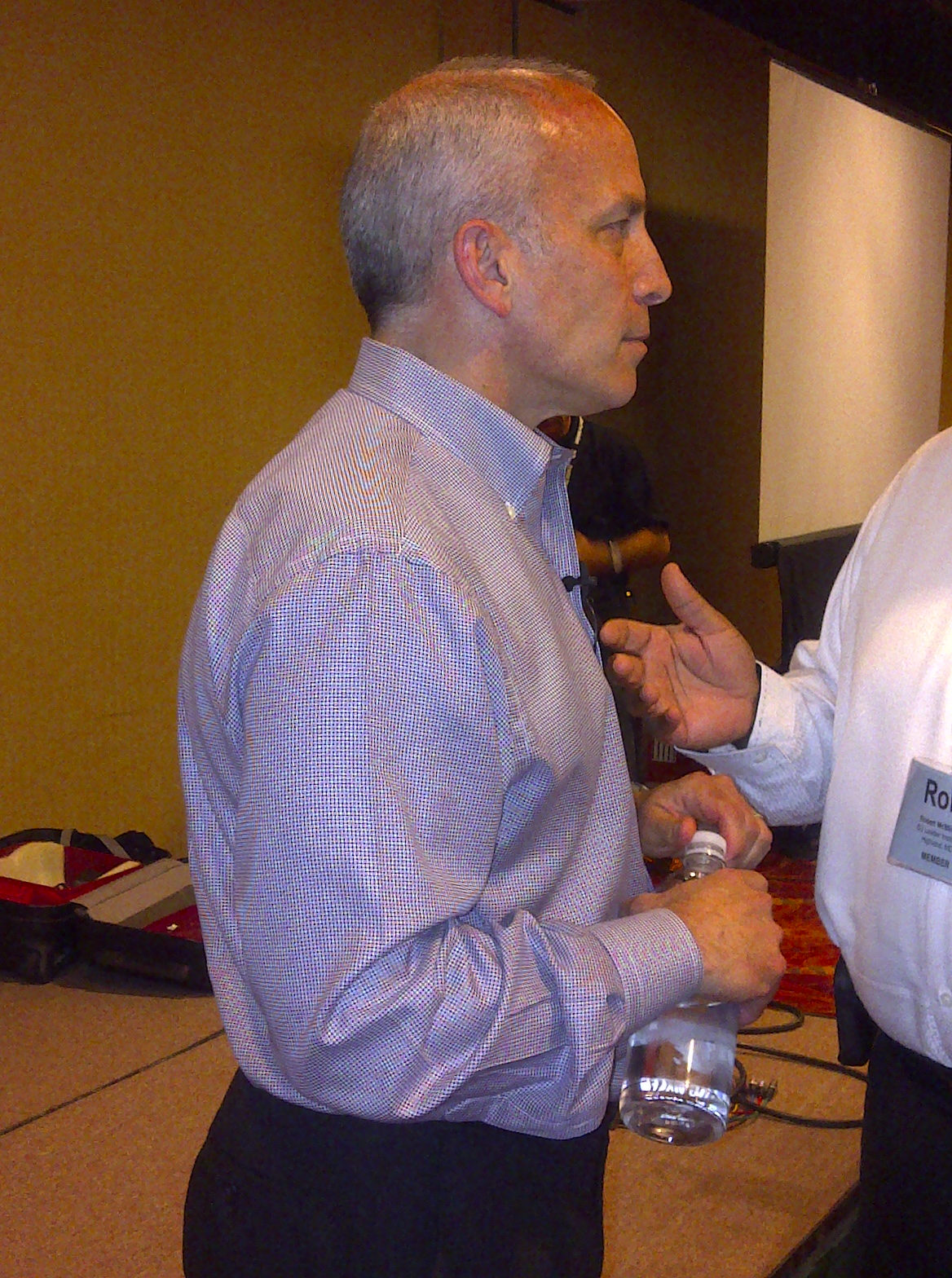 The dream of most professional speakers is to be represented by a speaker bureau or lecture agent. Unfortunately, professional speaking is like the acting industry. You can't get an agent until you're known. Bureaus have more than enough speakers. What they want most is more clients who will hire their speakers.But, if you have a unique and compelling message and a track record of excellence they may take a chance on you.
The dream of most professional speakers is to be represented by a speaker bureau or lecture agent. Unfortunately, professional speaking is like the acting industry. You can't get an agent until you're known. Bureaus have more than enough speakers. What they want most is more clients who will hire their speakers.But, if you have a unique and compelling message and a track record of excellence they may take a chance on you.
What is a speakers bureau? It's a middle man, or broker, for speakers and entertainers. They market to corporations and associations and match them with the perfect speaker for their event. They take an average 25-30% commission from the speaker's fee. The bureau or agent owns the client and any spinoff business.
Brian Palmer. President of the National Speakers Bureau in Libertyville Illinois, recently spoke at the NSA convention. He shared with us what buyers have told him about working with speakers. These are the mistakes they see, which he passed on to us. Here are a few of the highlights from his talk:
1. Pricing.
a.) Scrutinize your price and get it right. b.) Have a written policy under which conditions you'll alter your fee. c.) Measure the gap between your fee and what you actually book each month.
When you say you won't lower your fee, the average response from the buyer is "I had to ask that question." Brian tells his clients if they want the speaker to lower the fee, they must put the offer in writing. "Make me an offer". It changes the equation.
2. Too many topics.
Have no more than three topics with great titles and descriptions. You can test topics, but don't list a bunch of topics. Customers care how you dress, how you speak, how you listen, table manners, interacting with the audience, your behavior. Be extra polite. It matters what happens off the platform. Companies want you to be aspirational.
3. Missed or ineffective pre-conference calls.
Brian calls these "hurdle raisers". Most of the time the conference calls are missed by the speaker. Don't do it. Prepare for the call and don't use a cell phone. The number one issue is talking too much when being briefed. It's important to be excellent on those calls. Be lively. Brian lost his client because the speaker was a "zero" on the phone.
4. Lack of personalization.
Companies bring you in to achieve some business end. Build your business around helping them achieve their goals. They don't hire you to hear what you have to say.
5. Selling too much.
Asking three times on the phone if they want to buy books is a bad sign. Don't go over their heads. He cited Joe Calloway as someone who gets hired over and over again. Joe gets brought in for consulting after his speeches. Don't ask before you go on stage if you can mention your book. When you pitch, it takes away from your message. And, Brian cautions, "Don't add people to your mailing list unless they ask for it".
6. Image.
How you answer the phone, your responsiveness, impacts whether a bureau wants to represent you. Show up, be on time, be prepared.
7. A presentation that does not include both head and heart.
Phyllis Diller analyzed her laughs. Motivational speaker, Walter Bond, aims for less than a minute between big laughs. Every two or three minutes there should be a laugh. It could be a nodding moment, but there must be an emotional connection!
8. Poor quality demo videos. A speaker demo video should be longer rather than shorter. A three minute video scares people. Include audience shots and enough footage so the client can see a flow. Customers want an excellent speech.
The goal is to have a great video of a great speech. Brian mentioned Amanda Gore's 2004 preview speech as being one of the best. It was 20 minutes long and there was a thunderous ovation at the end.
9. Not being authentic.
People want to hire smart people that happen to speak. It's not good to have a website that's filled with speaker poses. Your website should not look like a speaker site.
While there may be many opinions about how to work with speakers bureaus, Brian gave the audience some good food for thought and valuable tips for developing a good relationship with speakers bureaus.
